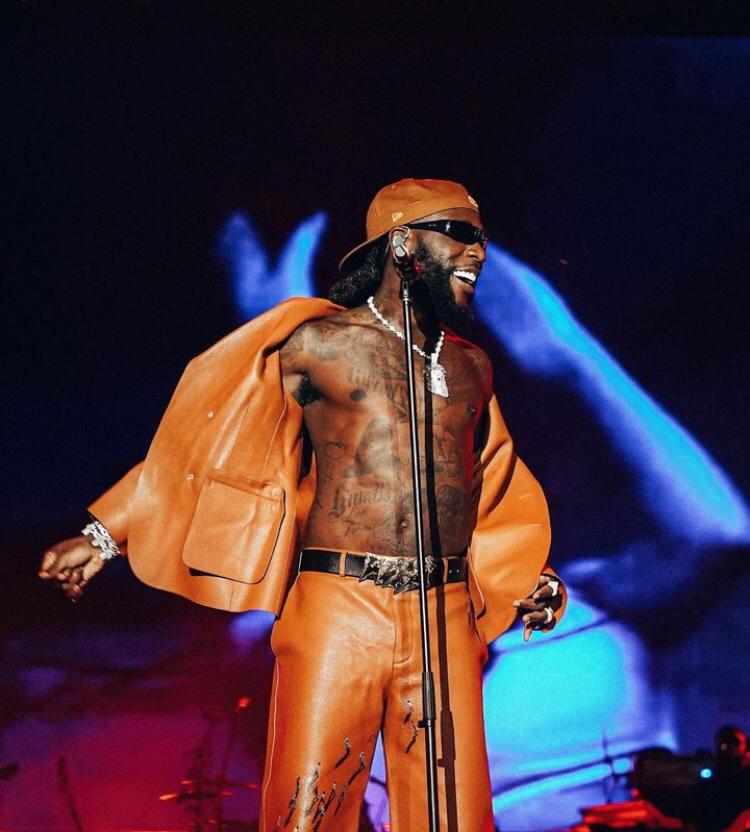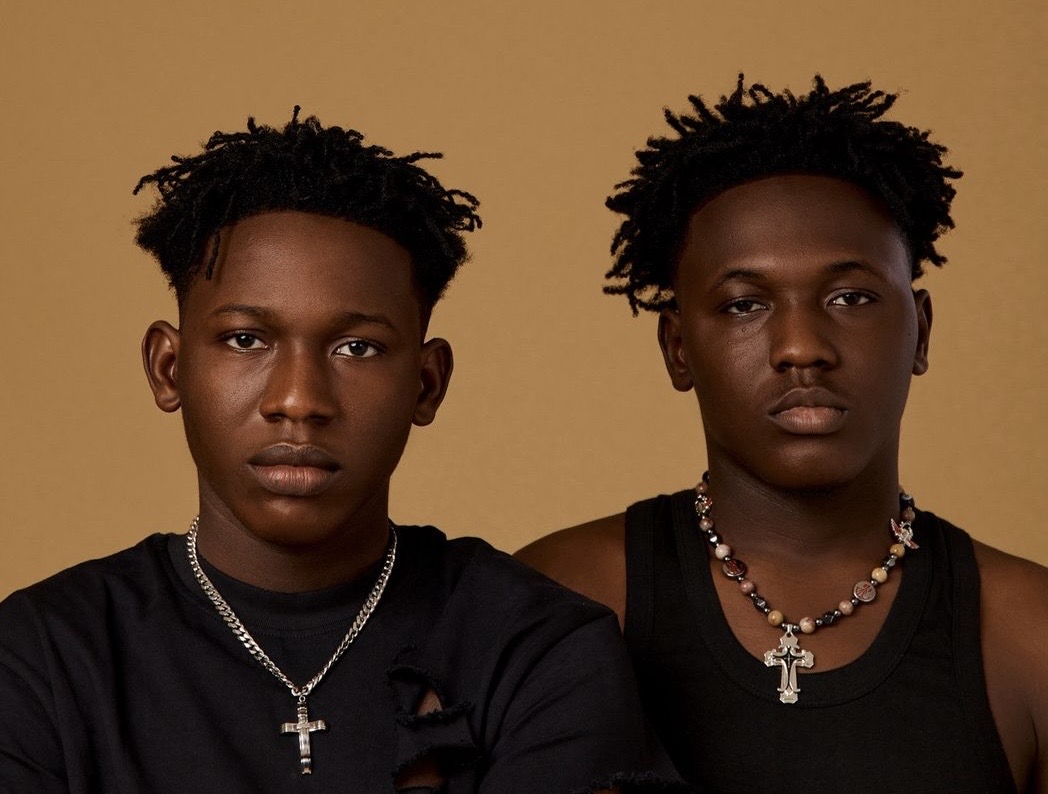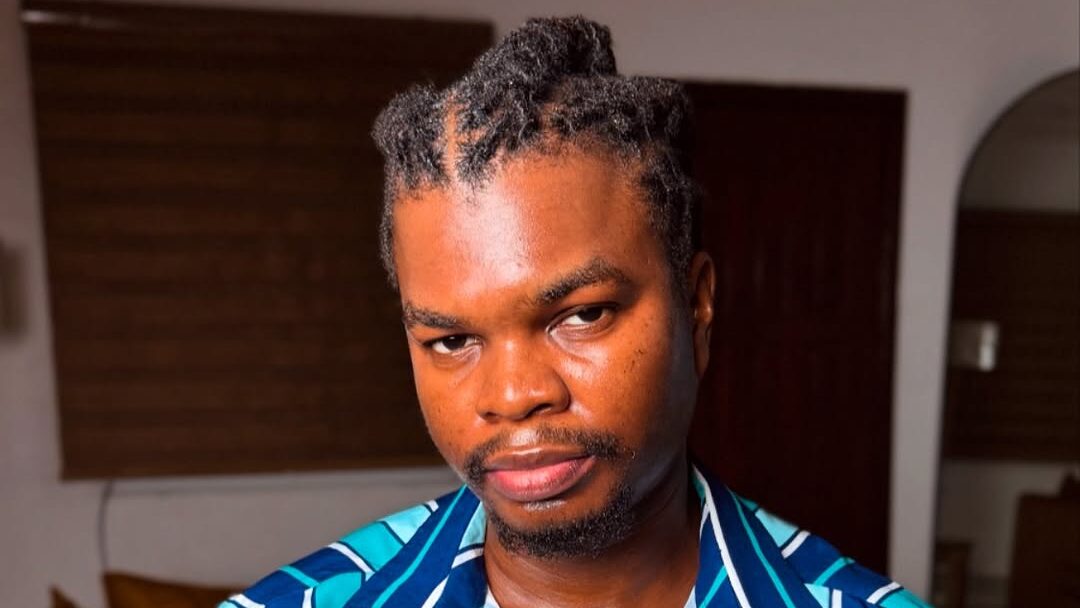Art is a reflection of the society it originates from, it tells the story of the society in its full form without hiding the good, bad, and ugly sides to it. Through art (music, writing, painting, etc.), the ideologies, philosophical beliefs, traditions, and problems of a particular society can be laid bare for everyone to see and study. Art is a time capsule that stores the memories of yesterday for the people of the present time to study and learn from, and also for the future generation.
The Nigerian society is culturally diverse with various forms of art telling different stories particular to them, through paintings, carvings, music, literature, etc. Each form of art has its own substance which makes its storytelling unique from the other forms of art. Over the years, Nigerian music has been a focal point of telling the Nigerian story; colonialism and its effects, corruption, love, betrayal, war, the nightlife, drugs, and sex. Nigerian music has become a window that permits non-Nigerian listeners who enjoy Nigerian music to glimpse the average life of a Nigerian, akin to how Hip-Hop gives a window into the life of the average Black American in America.
However, one of the most important factors at the heart of art from a society is the philosophy of life of the society; the Nigerian society despite the hardship it has been facing overtime still maintain a “I can’t let the issues of my immediate society weigh me down, I have to make myself happy and enjoy my life the best way I can” mentality, and this is heavily present in Nigerian music. Legendary Juju singer Chief Ebenezer Obey famously sang “A lowo ma jaye eyin lemo awon to laye lana da won ti ku won ti lo” which loosely translates to “You wealthy man who refuses to enjoy your life and money, those who had money and enjoyed life yesterday are dead”. The ideology of enjoyment largely dominates Nigerian music; the substance which forms part of the foundation of Nigerian music.
While a large percentage of Afrobeats songs center on sex, women, parties, and money, some listeners clamor for more “substance-filled” Afrobeats songs, which begs the question, “What is substance?”
During an interview with Zane Lowe on Apple Music on the 22nd of August, 2023, Burna Boy said ‘…Afrobeats as people call it is mostly nothing, literally nothing, there’s no substance to it. [like] nobody is talking about anything in it, it is just a great time”. His statement has sparked several conversations in the Nigerian music scene with several sides agreeing and opposing his statement.
Afrobeats like other genres of music is a reflection of the society it originates from, thus it carries substance by portraying the society for what it is. Afrobeats songs represent Nigerian society; its party culture, sex, drugs, corruption, hardship, etc. Several Afrobeats songs like Wande Coal’s “Na Like This”, Tekno’s “Rara”, 2Baba’s “For Instance”, Rema’s “Are You There?”, touch the topics of corruption of the Nigerian leaders, the hardship of the country, and calling for a better life for Nigerians.
In recent times, the Nigerian music scene has seen the emergence of Emo-Afrobeat, a subgenre that is emotionally charged with a deep lyricism that often center on love, sex, heartbreak, and substance abuse. Omah Lay’s “Soso” sees him bare out his struggles with his mental health, heartbreak, and dependence on alcohol to stay afloat, also in the same vein on “I’m a mess”. Asake, despite his rich catalogue of party starter bangers, has displayed excellent lyricism. On “Nzaza”, he penned a beautiful song that details his struggles in the music industry, his aspirations to become bigger, and a heartfelt plea to God to be his guide. On “Ototo”, he passes across a message that simply says “All man for himself, bare your cross and face your hustle.” Zinoleesky has built a reputation of having a standout pen game, this is evident on “Personal”, “Ma Pariwo”, “Kilofeshe”, “Gone Far”.
TI Blaze penned a beautiful song that is relatable to the average Nigerian, “Sometimes” details the constant struggle of trying to make it legally to make your family happy, using drugs to cope with the hardship and dabbling into scam to make a living – this is the life of several underprivileged Nigerian Youths. Portable might be more popular for his antics on social media, his songs are often overlooked; on “Apostle”, he took the conscious music route talking about how Christians often worship their pastors at the detriment of their progress in life. On his 2022 hit song “Azaman”, he talks about being aware of enemies who pose as friends, and strife to be better.
There are dozens of Nigerian music that talk about mental health struggles, and societal ills while providing thought-provoking lyrics. The popularity of songs that glorify sex, parties, money, women, and drugs is simply a reflection of society. There’s a demand for these songs,and the artistes simply supply. A Nigerian artiste trying to sound foreign to appeal to a non-Nigerian audience is simply doing a disservice to the Nigerian society by portraying a wrong image of the genre.
Hip-Hop in America often borders on the topics of gangs, drugs, guns, shooting, women, parties, sex, these are situations going on in America that Hip-Hop embodies – the substance it carries around, the stories about the American society Hip-Hop has to tell the world.
Nigerian music has a wide range of variety to satisfy the craving of every listener, each of these songs have substance regardless of the topic they talk about, they tell the Nigerian story the Nigerian way using the Nigerian lingo.





